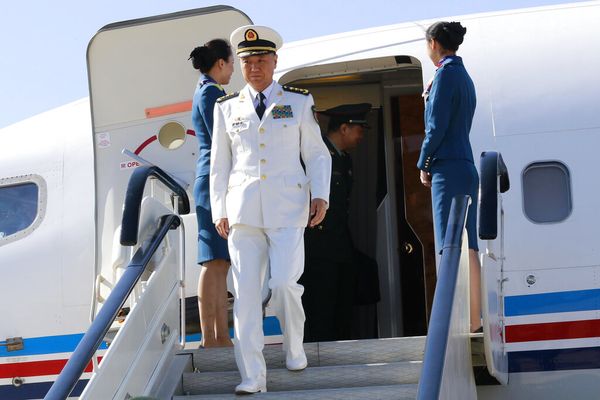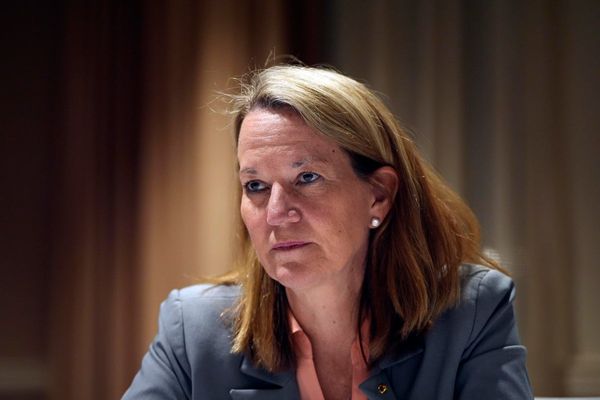
The United States, as well as the Taliban authorities, is contributing to the suffering of women in Afghanistan through asset freezes, U.N. independent experts said on Monday.
The United Nations and foreign governments, including Washington, have condemned moves by the Taliban to backtrack on women's rights commitments such as on girls' education in the months following their takeover in Aug. 2021.

However, the statement by 14 U.N. independent rights experts also blamed the U.S. government for making life worse for Afghan women through blocking billions of dollars of central bank assets made up in part of aid money for the country accumulated over decades.
"While gender-based violence has been a long-standing and severe threat to women and girls, it has been exacerbated by the measures imposed by the US...," said the statement, without giving specific details.
A U.S. State Department spokesperson said the statement contained "serious mistakes" and denied that U.S. actions had increased hardships faced by Afghan women under Taliban rule.
The statement also blamed the Taliban's "widening gender-based discrimination" for deteriorating women's rights.
The current humanitarian crisis in which 23 million, or some 60% of the population, are reliant on food aid is having a "disproportionate impact" on women and children, the statement added.
Afghan central bank funds have been frozen since August when the Taliban took over and foreign forces withdrew.
U.S. President Joe Biden issued an executive order in February setting wheels in motion to free up half of the $7 billion in frozen Afghan central bank assets on U.S. soil to help the Afghan people while holding the rest to possibly satisfy terrorism-related lawsuits against the Taliban.
The U.S. State Department spokesperson said the February action had facilitated, not blocked access to a significant portion of Afghan Central Bank reserves. "If we hadn't taken any action, all of the reserves would have been inaccessible indefinitely," the spokesperson said.
The U.N. experts appointed by the Geneva-based Rights Council called the order's provisions "overly broad" and said they were resulting in "over-zealous compliance with sanctions thus preventing people of Afghanistan from any access to basic humanitarian goods".
The U.S. official countered that the sanctions had "explicit exemptions for vital assistance".
Under international human rights law, governments including the United States have an obligation to ensure their activities do not result in rights violations, the statement said.
The experts formally relayed their concerns and recommendations to the U.S. government 60 days ago, a U.N. official said. They have not yet received a reply.
(Reporting by Emma Farge; Editing by Angus MacSwan and Sandra Maler)







